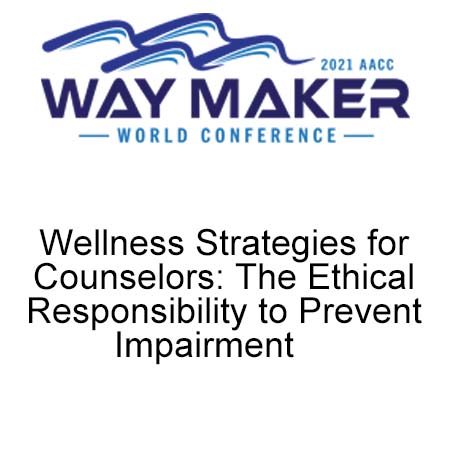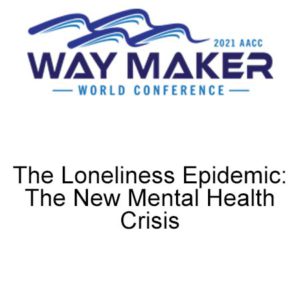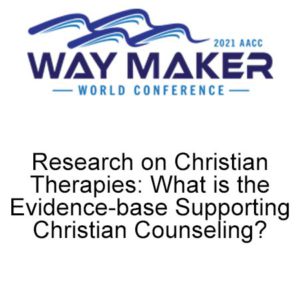Description
516: Wellness Strategies for Counselors: The Ethical Responsibility to Prevent Impairment
Stacey Lilley, Ph.D.
Liberty University
1971 University Blvd.
Lynchburg, VA 24515
Kristy Ford, Ph.D.
Liberty University
1971 University Blvd.
Lynchburg, VA 24515
Summary
Counselors, counselor educators, and supervisors have a personal and gatekeeping responsibility to encourage the prevention of professional impairment by applying wellness strategies (Homrich, DeLorenzi, Bloom & Godbee, 2014). Impairment is associated with compassion fatigue, vicarious trauma, and burnout, as high levels of emotional energy expended with little in return may lessen kindness and empathy over time. Compassion fatigue is associated with various human service professions and encompasses a broad range of negative mental health symptoms, as well as a reduced sense of satisfaction that once followed helping others (Casey, 2013; Figley, 2002). Vicarious trauma, arising out of feelings of responsibility for others or sharing in their pain, can become a great source of stress for counselors (Neswald-Potter & Simmons, 2016). Burnout often follows and may include feelings of emotional, physical, and spiritual exhaustion, as well as a sense of reduced personal accomplishment (Hotchkiss & Lesher, 2018). The American Counseling Association (ACA, 2014) and the American Association of Christian Counselors (AACC, 2014) Code of Ethics recommends that counselors engage in self-care activities to maintain overall well-being. This presentation will focus on best practices for counselors, counselor educators, and counselors-in-training to prevent impairment using evidence-based wellness strategies and support our ethical obligations (Lawson & Myers, 2011; Myers, Sweeney & Witmer, 2000).
Learning Objectives
Participants will:
• Analyze the research on wellness strategies that help prevent impairment, compassion fatigue, burnout, and vicarious trauma for licensed mental health professionals
• Describe the ethical responsibility as mandated in the ACA Code of Ethics and the AACC Code of Ethics to avoid professional impairment by engaging in wellness strategies
• Demonstrate two research-based wellness strategies applicable to counselor education and aimed at preventing impairment: a basic mindfulness exercise and an anchoring activity





